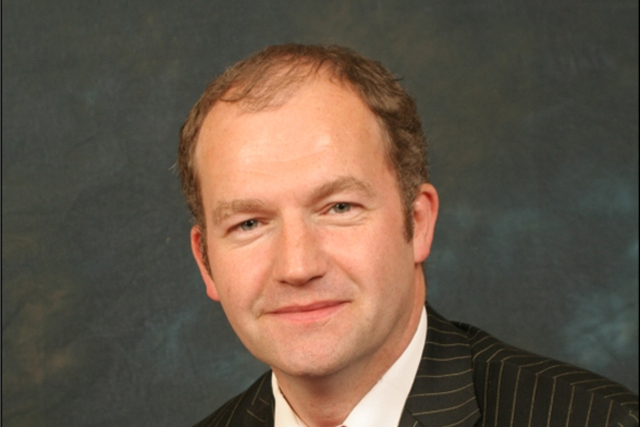Media analysis can offer organisations huge benefits in shaping their reputation. The insights gained from analysis can also play a key role in helping communications professionals to plan and deliver campaigns more effectively - by which I mean do the job better.
But the full potential of media analysis is rarely realised. Why? Because too many organisations are using media analysis to look back, when they should be moving forward.
Media analysis is still viewed as a discipline best undertaken at the end of a media campaign. There is a benefit in doing this - it helps to articulate the activities and achievements of PR, especially to those who might not necessarily understand what PR actually is.
It is an audit, and if it is undertaken by the right agency, then it has the added credibility of being an independent audit.
But the real value lies in looking ahead to understand both the opportunities and risks, and the potential to grow. Maybe I’m seeking to define the essential difference between the traditional concept of ‘media evaluation’ and my preferred view of a future based on insight.
Certainly, the focus on historic audits has ensured the survival of AVE, despite this metric contributing absolutely nothing to our understanding of the relationship between the media and reputation.
It starts with planning. Advertisers plan. Boy, do they plan. Within WPP we have the world’s leading media planners.
Mindshare clients don’t move without a fully validated media strategy in place. If I were to compare the investment of media planners against the pre-campaign research of my PR clients, the difference in scale would be eye-watering.
Now, on our side of the fence we may mutter about advertisers having more money to spend. This is true, but it’s an old complaint.
PR can plan effectively, and it needs to. Do you know why many PR teams struggle to communicate their own value to a business? It’s because they do not have hard objectives set against every campaign.
State your goals and then achieve them. Simple. And at a practical level, analysis before action really does improve performance. If you don’t know where the needle is on the dial, how do you know if you have shifted it? Indeed, do you know how to shift it?
A proactive approach delivers a more efficient planning process and a wider understanding of the opportunities available. Pre-campaign analysis identifies the media channels and messages that work, both for the organisation in question and competitors, as well as identifying those that are not being exploited to their full potential.
It also reveals the dynamics of current issues and talking points. These should not be restricted to the industry in which the organisation operates. For example, social responsibility is important for all enterprises, regardless of sector.
Understanding what does and doesn’t work for other sectors and organisations can guide your own thinking - we can learn a lot from each other if we take the time to look.
Saying the right thing is only half the battle. We must also ensure it is heard. There has always been a battle for share of voice in the media.
Digital media has opened new channels for competition, but the imperative remains to be front of mind and correctly understood. Unlike paid-for advertising, there are no guarantees in PR (will the publication run the story?) - so let’s take away as much uncertainty as possible by knowing what lies ahead.
Ultimately, I believe pre-campaign analysis is about the business of delivering competitive advantage for clients.
Proactive analysis before and during campaigns empowers organisations to evolve from looking back to moving forward.
They can view the road ahead with confidence, knowing they are fully informed about what they need to achieve and how they should go about it.


